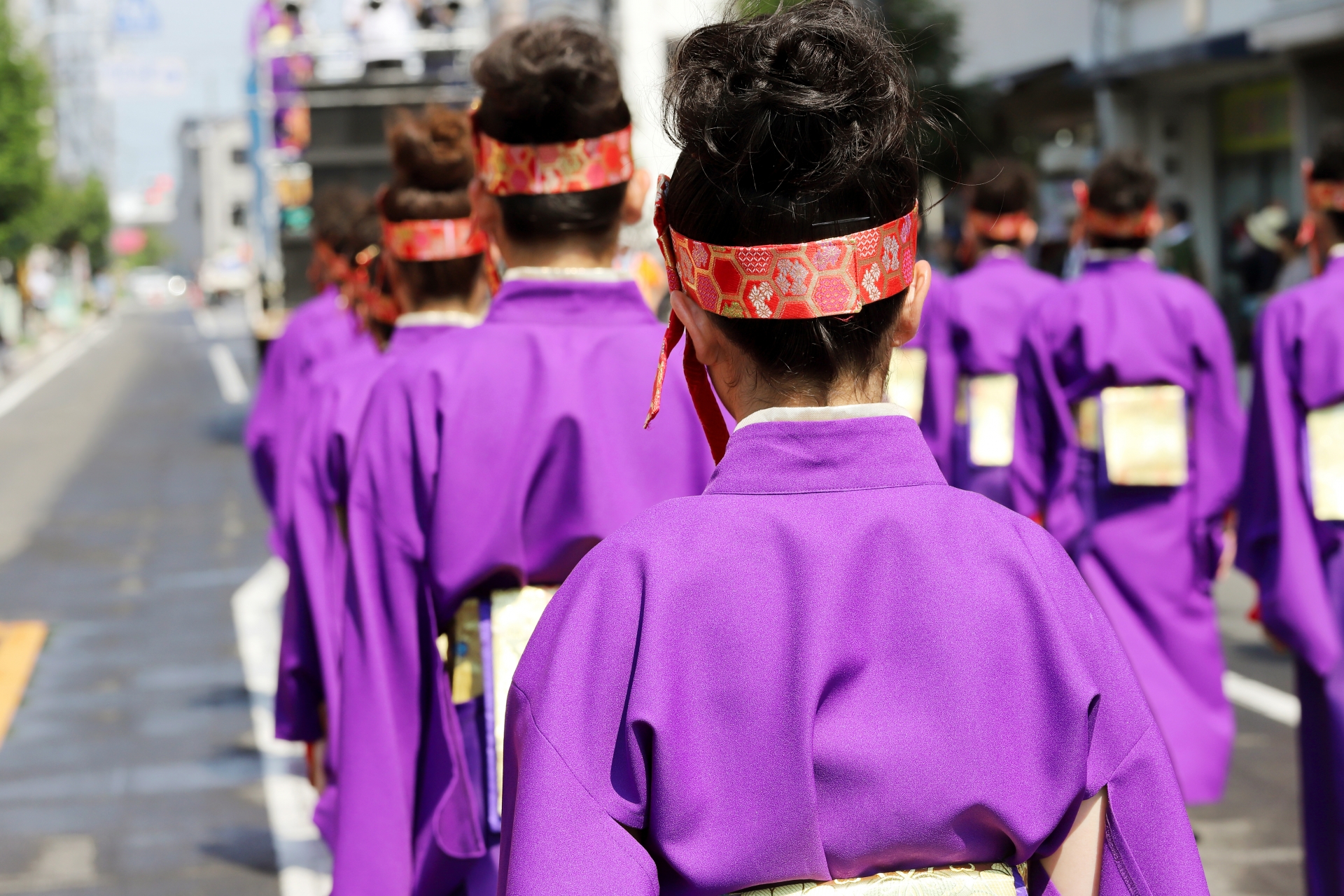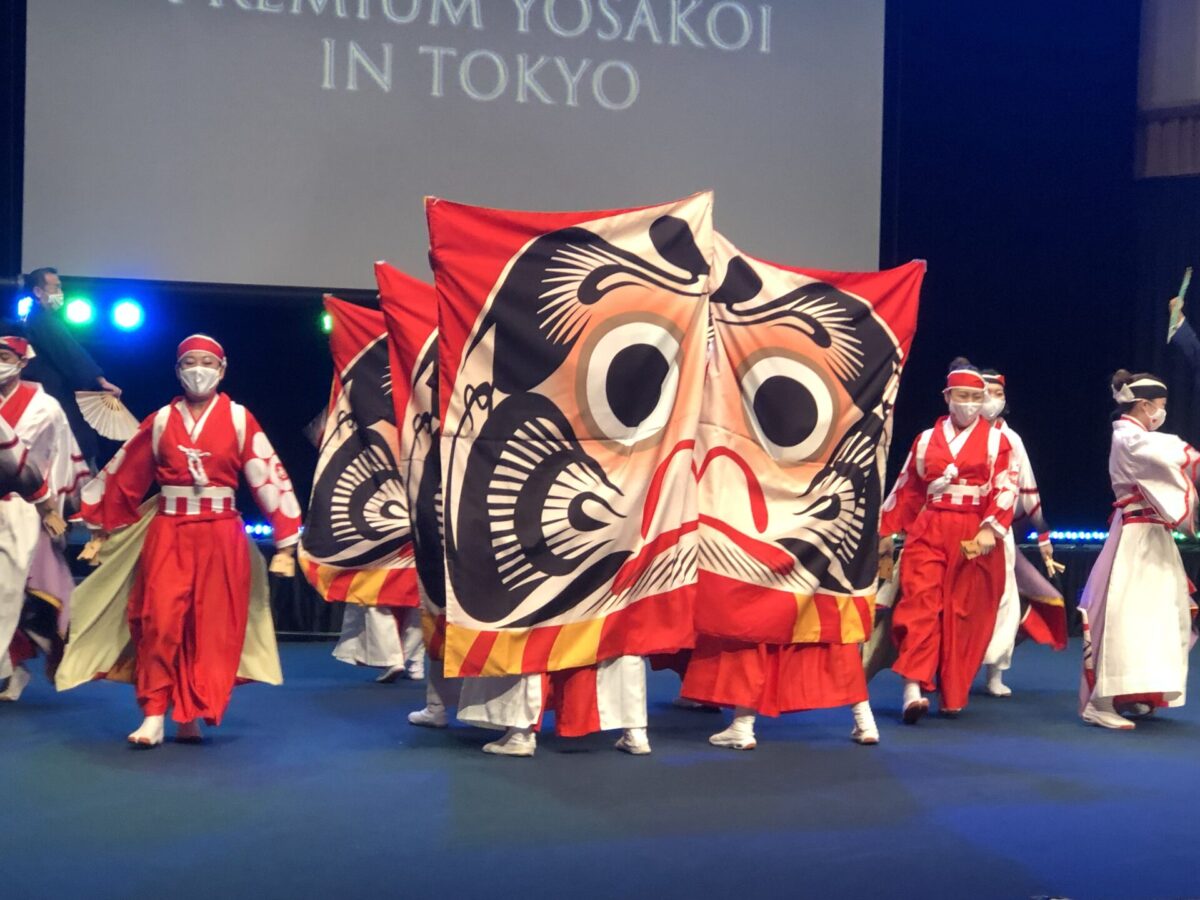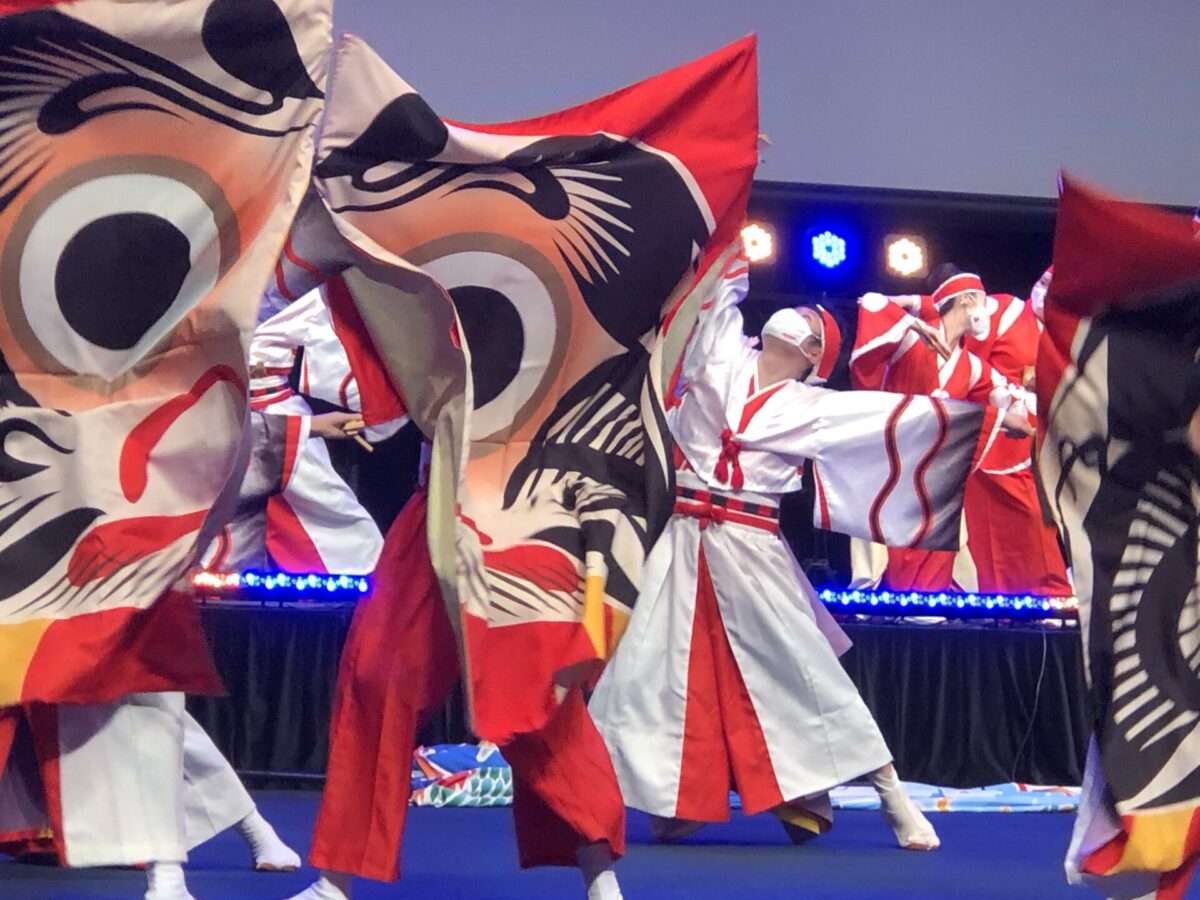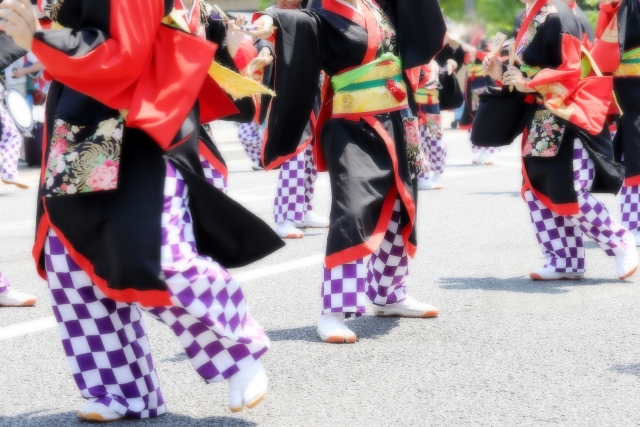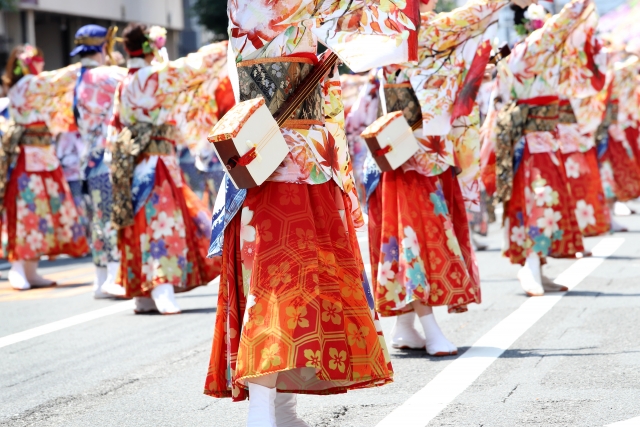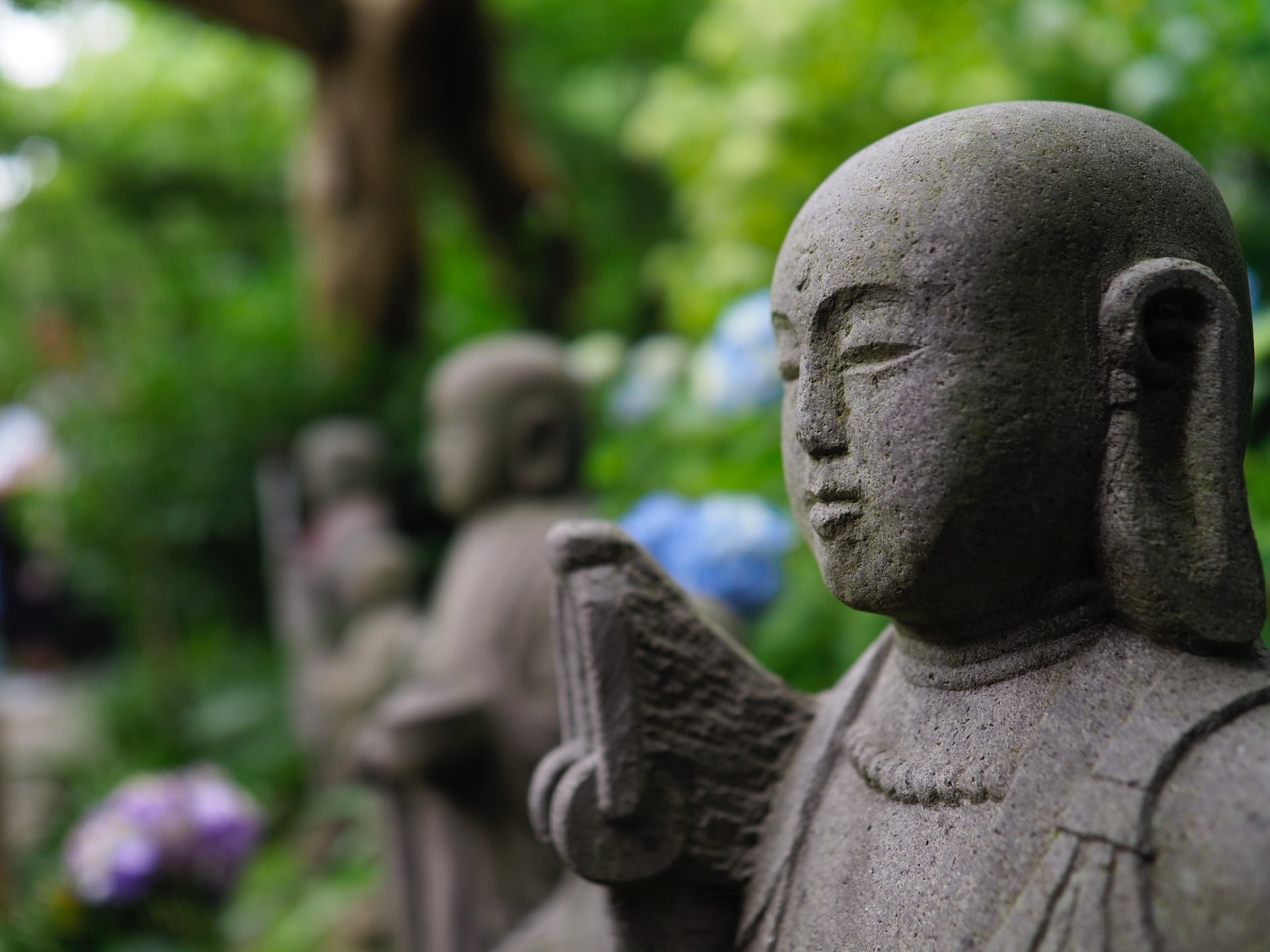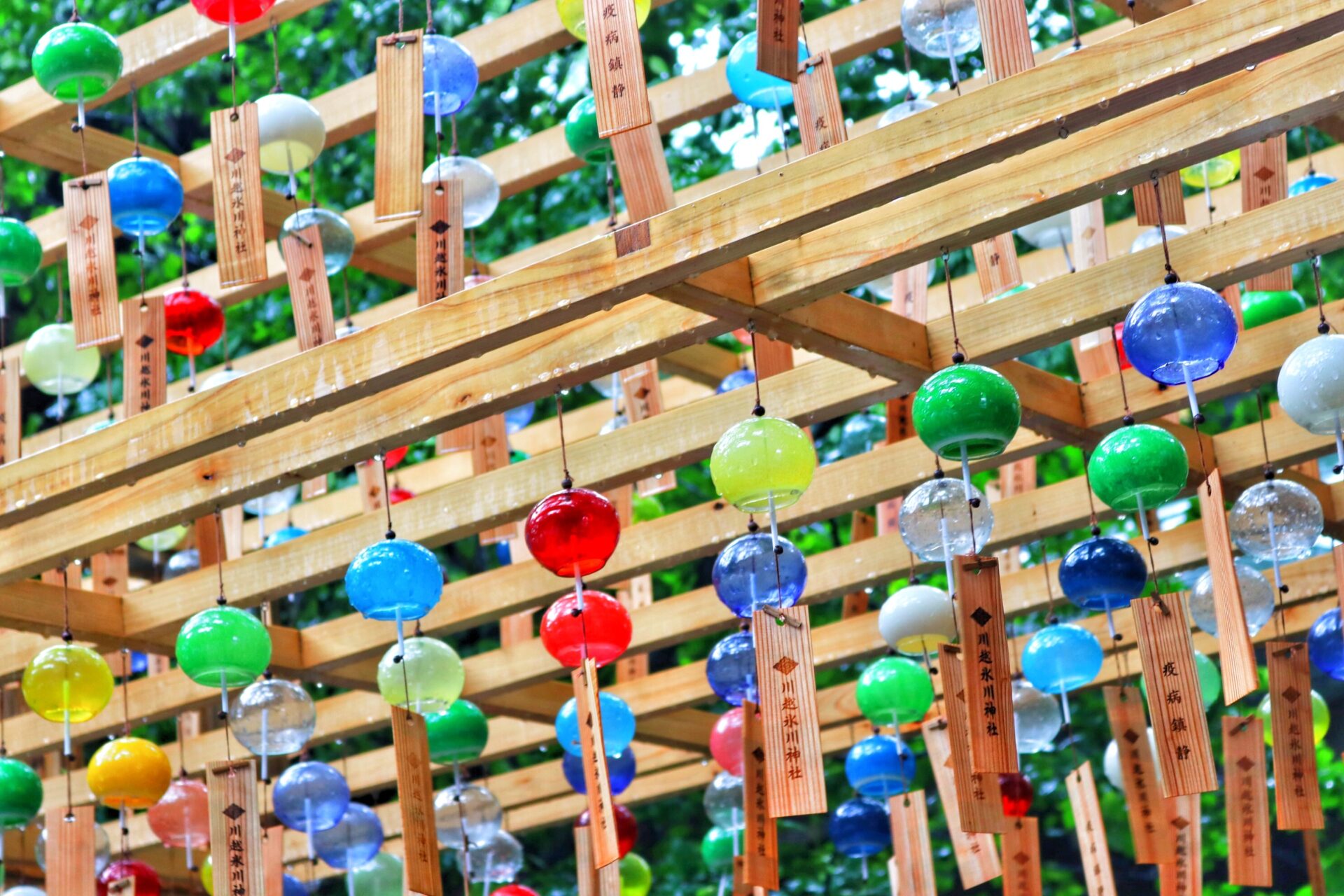Click-clack! That crisp, distinctive sound—from wooden clappers called naruko—is a signal that people are performing the festival dance style known as Yosakoi. Full of joy, freewheeling movement and song, Yosakoi has become a global performance phenomenon in just sixty-seven years.
What is Yosakoi?
Yosakoi is a unique festival dance that originated in Kochi Prefecture on Japan’s smallest main island, Shikoku. Yosakoi means come and visit at night in old Japanese.
Yosakoi festivals are some of the biggest summer festivals in Japan along with Awa Odori festivals. They are held every year from August 9 to 12 in Kochi, and about 18,000 dancers parade through the streets during the event.
Today, various kinds of Yosakoi are performed all over Japan and the world.
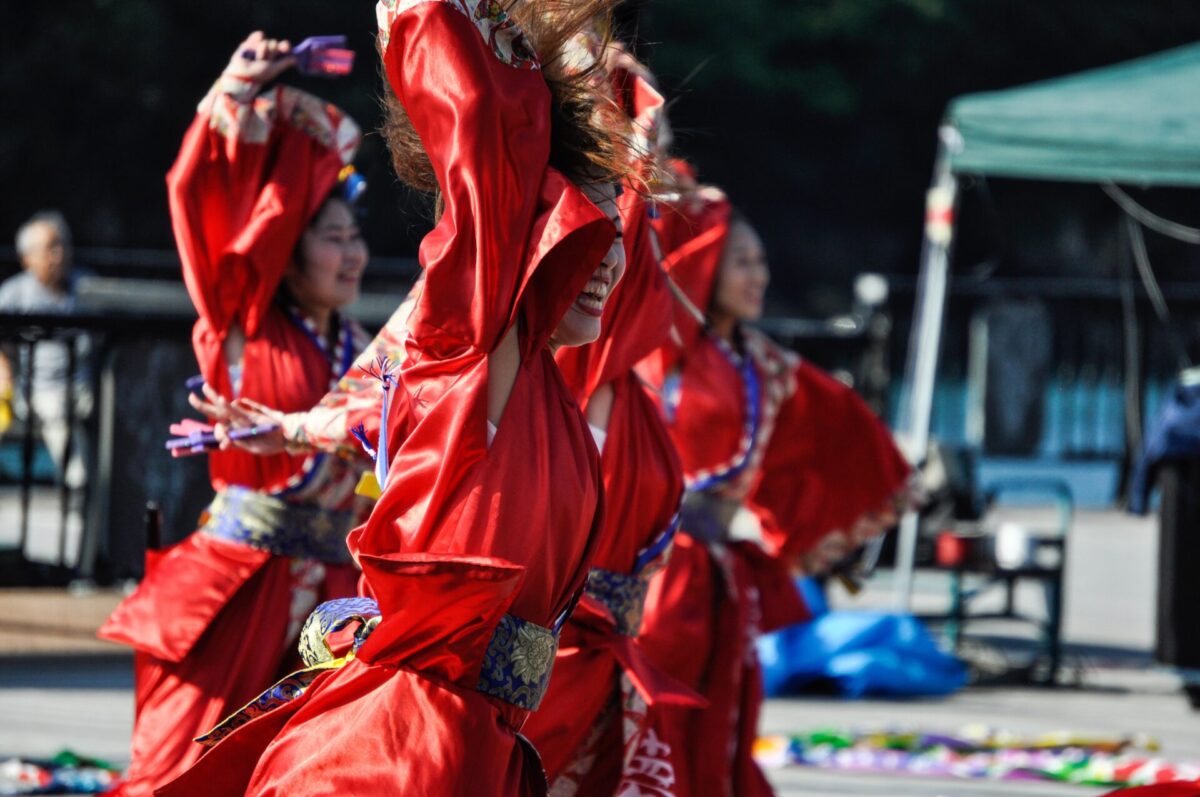
Why is Yosakoi so popular worldwide?
Just how did Yosakoi go from being a postwar morale booster in faraway Kochi Prefecture in Shikoku to 242 festivals in 45 of Japan’s 47 prefectures as well as teams performing in 33 countries and regions abroad?
1. Yosakoi is universal and inclusive
Here are a few hints. First and foremost, Yosakoi is universal and inclusive. Anyone can form a Yosakoi team and dance. That includes kids, senior citizens, non-Japanese, the disabled, and multiple generations. There are Yosakoi teams in France, Vietnam, Ghana, Sweden, Hungary, Canada and all over the planet.
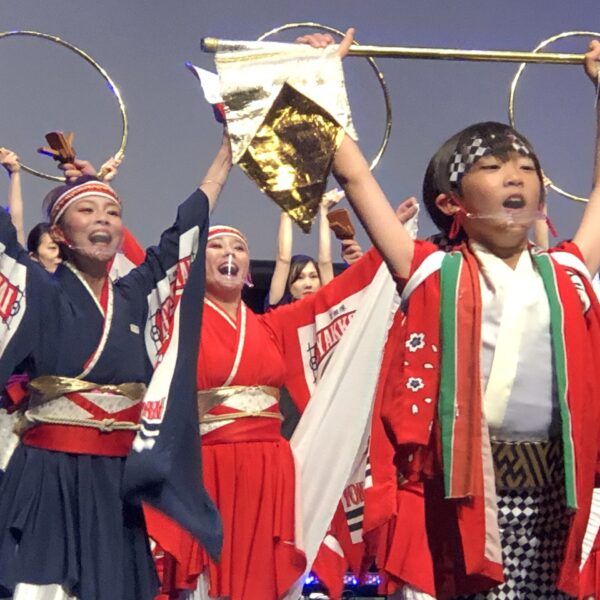
2. Open to creative interpretation
Second, the music and dance options are completely open to creative interpretation. Pop tunes, movie themes, world music, traditional folk songs and original tracks are fused with jubilant choreography limited only by the imagination.

Daruma make a surprise appearance in this dance 
3. Unique costumes
The costumes are the third key facet, ranging from traditional garments to total originals straight out of an anime. Besides being elaborate and vividly hued, they often incorporate quick-change features that utterly transform their look. (Many dancers make their own outfits, while others have them custom-made.)
Essential elements of Yosakoi
There are three essential elements that define Yosakoi—naruko, using phrases from an old Kochi folk song, and dance. When the distinctive click-clack sounds like it’s coming from just one set of clappers during a performance, by the way, it’s a sign that the dancers are in unison.
The unifying aspect to Yosakoi is the celebration of life, community, spirit and resilience. These days, that’s something we all need.
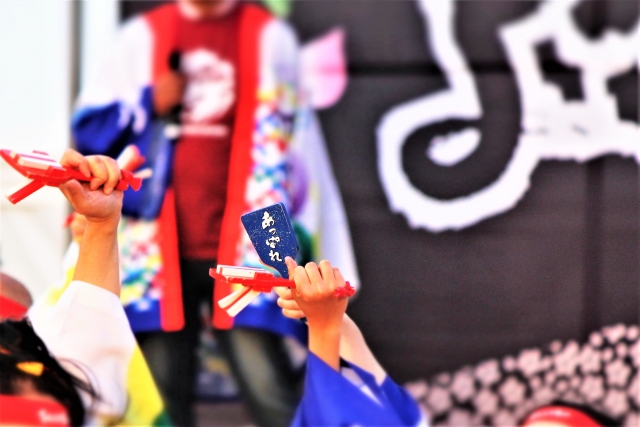
See it for yourself—Premium Yosakoi in Tokyo
All of these things were on display at Shinagawa InterCity Hall on July 4 during a livestream event called “Premium Yosakoi in Tokyo,” featuring both live performances at the venue and remote performances from around Japan.
The best news is that you can still watch the event and see for yourself why Yosakoi is both a positive force and a superior entertainment spectacle. Just follow this link:
Here are a few highlights from the show to watch for:
- Tenkushinatoya Shin, a Tokyo-based group that uses dynamic movement, speed and an African beat accompanied by an Oriental string arrangement in a number that encourages everyone to move forward together in harmony.
- From Yosakoi’s birthplace of Kochi, the Obiyamatsuji team has been around since the first festival in 1954 and has members from all over the prefecture.
- The prizewinning team Hiragishi-Tenjin from Hokkaido, whose performance is meant to express the powerful beat of taiko drums and was created to inspire people after natural disasters.
- Zokkon Machida from Tokyo uses elements of kabuki and the metaphor of a daruma doll that may fall but never stays down in their number. The costumes are key here, as they suddenly display massive daruma built into their outfits.
- Wasaba Ren, a group from Saitama, whose members span four generations, including kids that haven’t even entered elementary school.
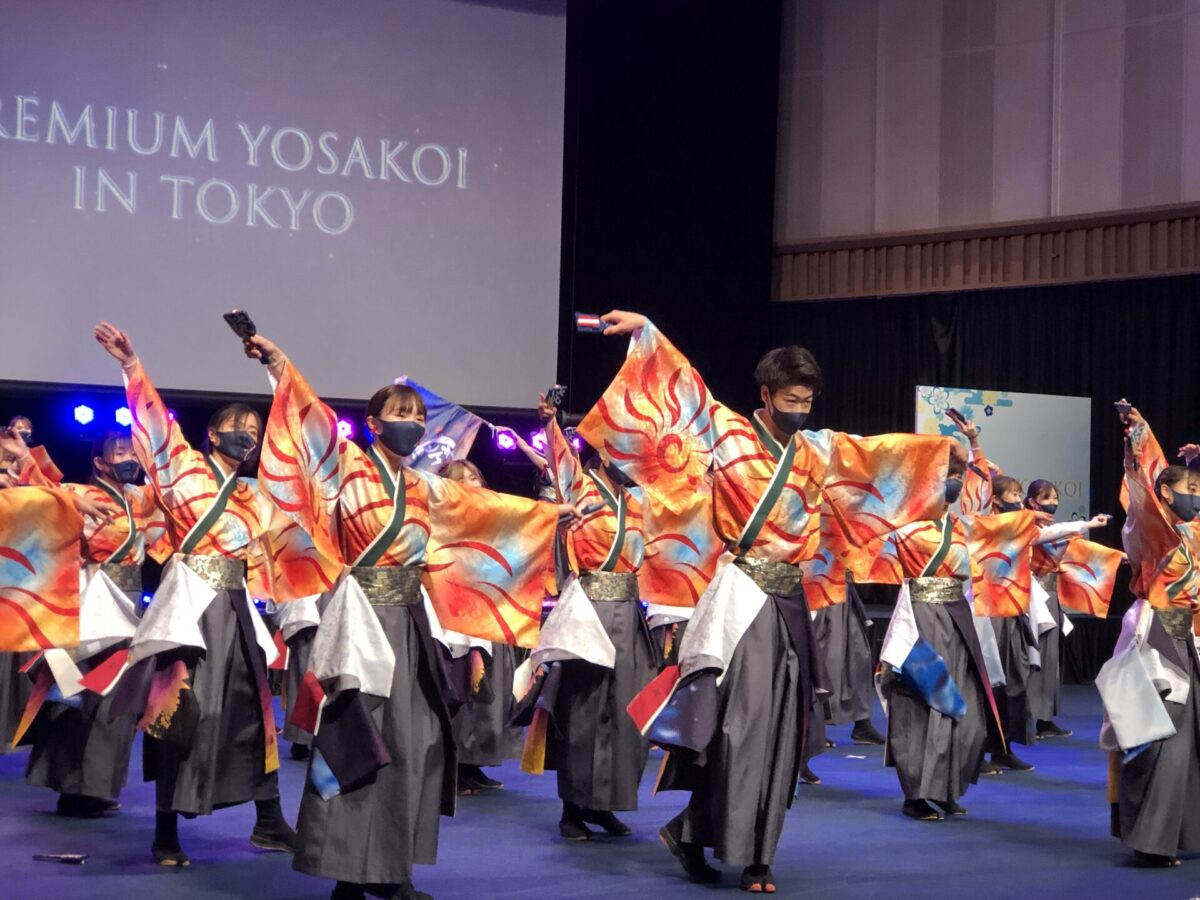
Note: In these socially distanced times, you’ll note that the performers used space or wore face masks or clear shields to stay safe.
Check out their main channel: PREMIUM YOSAKOI IN TOKYO
Finding Yosakoi Performances
Hundreds of Yosakoi festivals take place throughout Japan—especially during the summer—so visitors should search online for upcoming performances in the areas they plan to explore. The birthplace of the dance, Kochi Prefecture, is a logical place to start.
Follow us on Instagram, Facebook and Twitter for more travel inspiration. Or tag us to get featured!
Happy travelling!
Find other summer festivals in Japan




Writer profile
Doug Jackson has lived in Japan since 1981 and written extensively for publications in North America and Asia, including Fortune, Reader’s Digest, Winds/Skyward (Japan Airlines) and Step-by-Step Graphics. He is the coauthor of More Than a Baseball Team: The Saga of the Vancouver Asahi (2012).
